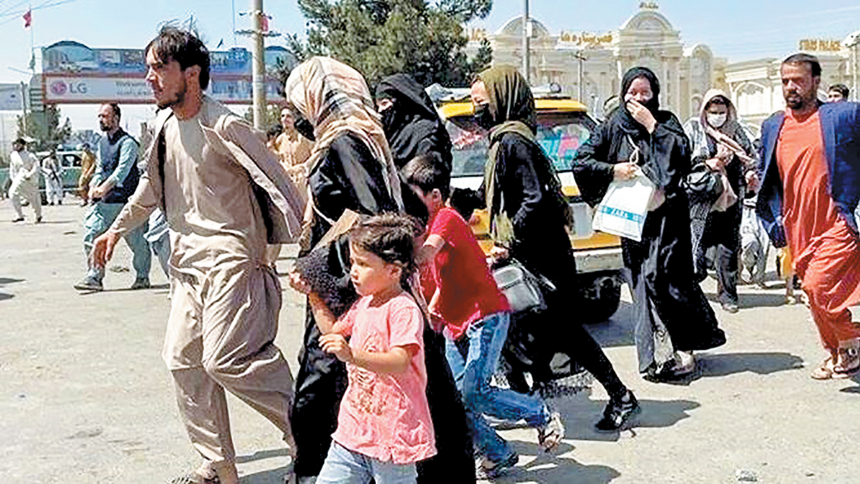RASC News Agency: The UN High Commissioner for Refugees (UNHCR) announced on Thursday, August 28, that more than 2.3 million Afghanistani migrants have either returned voluntarily or been forcibly deported from Iran and Pakistan this year alone. According to the agency, these returnees are in urgent need of humanitarian assistance, yet they are arriving in a country under Taliban control that lacks both the infrastructure and the political will to accommodate them. The UN urged the international community not to turn a blind eye to this deepening crisis. In its statement, published on the platform X, the UNHCR warned that many deportees are returning under extremely harsh circumstances often stripped of resources and forced back to a homeland ravaged by economic collapse and governed by an unrecognized regime accused of gross human rights violations. The Taliban, while exercising authoritarian control, has shown no accountability for ensuring access to essential services such as healthcare, education, or social protection.
International humanitarian and human rights organizations have repeatedly emphasized that returnees are being sent back into a state where institutions are dominated by the Taliban, who remain under global scrutiny for repression, extrajudicial practices, and systemic discrimination, particularly against women and minorities. For returnees, this means falling through a governance void where no authority assumes responsibility for their survival. The UN further noted that returnees face widespread economic destitution lack of shelter, soaring unemployment, poverty, and shrinking financial resources. These conditions leave countless families unable to meet even their most basic needs, from food to safe drinking water. Women and children remain disproportionately affected, with restrictions on education and healthcare severely compounding their vulnerability.
Many deported families are forced to live in unsafe, makeshift settlements on the margins of society. These precarious conditions heighten risks of disease, exploitation, and displacement, leaving communities in a cycle of poverty and insecurity with little hope of recovery under Taliban misrule. Despite repeated appeals, the UN and relief agencies report that international assistance has been dwindling rather than increasing. Experts warn that humanitarian funding fatigue, combined with geopolitical reluctance to directly engage with the Taliban, is leaving millions at risk. Calls for greater burden-sharing and responsibility from governments have largely gone unanswered, and aid commitments continue to shrink even as the crisis deepens.
The UNHCR cautioned that unless the global community acts with urgency and resolve, Afghanistan’s deported and returning migrants will remain abandoned caught between hostile host states and an incapable Taliban regime that has neither the means nor the intention to provide for them.






